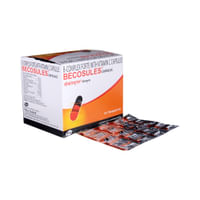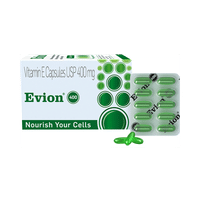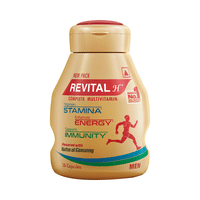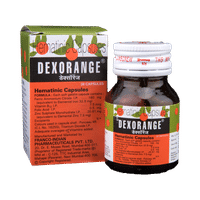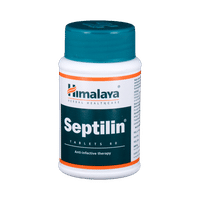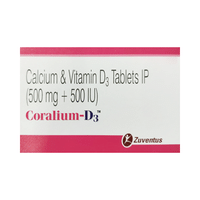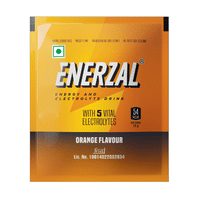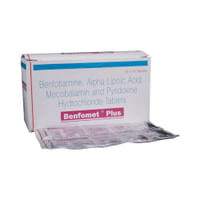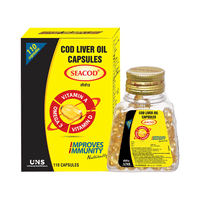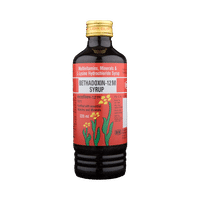BENZORG 150 MG TABLET

food interaction for Benzorg Tablet
alcohol interaction for Benzorg Tablet
pregnancy interaction for Benzorg Tablet
lactation interaction for Benzorg Tablet
food
alcohol
pregnancy
lactation
BENZORG 150 MG TABLET may be taken with or without food, but it is better to take it at a fixed time.
None
None
CAUTION
Caution is advised when consuming alcohol with BENZORG 150 MG TABLET. Please consult your doctor.
CAUTION
Information regarding the use of BENZORG 150 MG TABLET during pregnancy is not available. Please consult your doctor.
CONSULT YOUR DOCTOR
BENZORG 150 MG TABLET is safe to use during breastfeeding. Human studies suggest that the drug does not pass into the breastmilk in a significant amount and is not harmful to the baby.
SAFE IF PRESCRIBED
SALT INFORMATION FOR Benzorg 150mg Tablet
Benfotiamine(150mg)
Benzorg tablet uses
{med_name} is used in the treatment of nutritional deficiencies.
How benzorg tablet works
BENZORG 150 MG TABLET provides essential nutrients.
Common side effects of benzorg tablet
Skin rash, Stomach discomfort
SUBSTITUTES FOR Benzorg Tablet
3 Substitutes
3 Substitutes
Sorted By
 Rs. 110same price
Rs. 110same price Rs. 96.50save 12% more per Tablet
Rs. 96.50save 12% more per Tablet Rs. 179.90pay 64% more per Tablet
Rs. 179.90pay 64% more per Tablet
Expert advice FOR Benzorg Tablet
- Benfotiamine is used to improve the level of vitamin B1.
- You can also include vitamin B1-rich food in your diet like legumes, nuts, seeds, fortified grain products such as bread, cereal, pasta, rice, flour, meat and fish.
- Inform your doctor if you are experiencing any kind of allergic reactions or skin irritations after taking Benfotiamine.
- Let your doctor know if you are pregnant or breastfeeding.
Frequently asked questions FOR Benzorg 150mg Tablet
Benfotiamine
Q. What is BENZORG 150 MG TABLET?
BENZORG 150 MG TABLET is a dietary supplement of thiamine. It is also known as Vitamin B1. The medicine is used in the treatment of low levels of thiamine in the body. It protects the body from conditions which are caused due to low levels of thiamine such as heart, brain and nerve disorders.
Q. What does BENZORG 150 MG TABLET do?
BENZORG 150 MG TABLET contains vitamin B1. This vitamin is needed to process carbohydrates, fat and protein in the body. Our body requires vitamin B1 to form the fuel the body runs on i.e., adenosine triphosphate (ATP). BENZORG 150 MG TABLET provides the necessary dose of vitamin B1 which is used by nerve cells in order to function normally.
Q. Who all are more likely to have deficiency of vitamin B1?
The levels of vitamin B1 in our body decline with age, irrespective of medical condition. Deficiency is most commonly found in alcoholics, people with malabsorption conditions, and those eating a very poor diet. It is also common in children with congenital heart disease. Individuals undergoing regular kidney dialysis may develop severe vitamin B1 deficiency, which can result in potentially fatal complications. So, it is advisable that persons receiving dialysis should discuss the need for the use of BENZORG 150 MG TABLET with their physician.













